Is Psychology a Science?
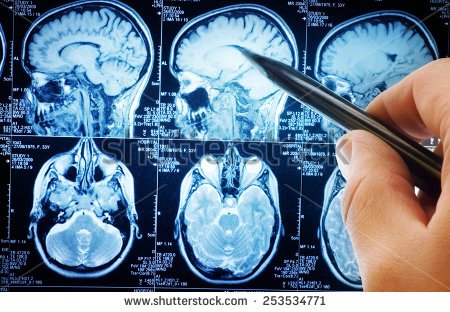
The term “Science” has only been used with regularity in the last two hundred years. The formalization of science and the creation of the scientific method of research is also as young. Although astronomy, chemistry, medicine, and biology has been studied and laws of these areas have been recorded for much longer (Williams, 2017). Psychology is a young study among a group of fields that have been established for a millennium. Psychology has only separated itself from mysticism in the last couple hundred years. The study of the mind before then was only done by esoteric philosophers and shamans. It could be debated that psychology has been studied since pre-history by Eastern Buddhist/Hindu aesthetics, but it was considered secret knowledge among a religious caste. It was also not recorded as repeatable or measurable ideas. Early medicine explained personality and behavior as the result changes in fluid level also called humors (Boeree, 2002). The study of behavior was largely recorded only for the purposed of ruling classes and warlords. Sun Tzu's created a guide to predicting human behavior in his book The Art of War. Although this was only a study from the perspective of war. Due to the nature of this field's complicated subject matter and varying conditions. It is next to impossible to quantify variables and repeat theory. This has lead to a heated debate if Psychology is even a science at all.
Psychology studies human expression that is complicated by these variables and is a science in application. Psychology is not “just a theory” or “just common sense”, needs a combination of research. What variables we eventually can quantify, observe, and test in repeatable experiment and is used in treatment of those suffering from mental disorders. To get to the testing phase of research psychologists must unfortunately have supporting quasi-science to bridge the gap of erroneous variables.
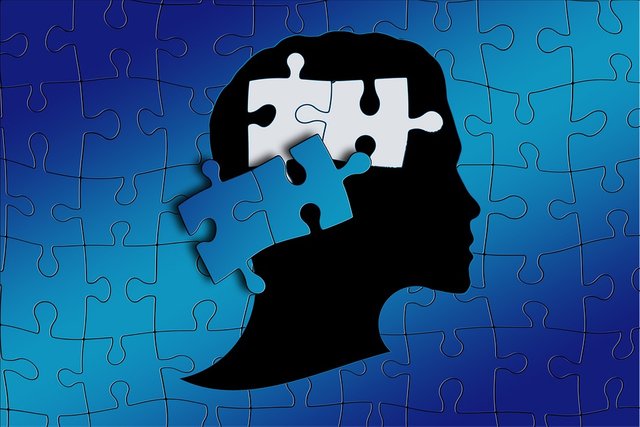
The Webster Dictionary defines of Psychology is “the scientific study of the human mind and its functions, especially those affecting behavior in a given context.“. Science is defined in the same book as “the intellectual and practical activity encompassing the systematic study of the structure and behavior of the physical and natural world through observation and experiment.” (Wyld, 1963). Psychology's definition is in direct opposition to the definition of science even though it starts with “The scientific study of...”. By definition psychology is not a science because much of what psychology wishes to study to not quantifiable, observable, or repeatable in experimentation. Although, there are definitive reasons why Psychology is a science even though it strays from the definition.
One question that is studied in Psychology is why people are depressed or happy and how to improve people's level of happiness. Happiness can not be given a number by measure. Happiness can not be seen or recorded. Happiness is an idea, so it can not be tested or manipulated in a laboratory environment. Happiness is in the mind of all people that are happy and the definition of happiness is a philosophical topic in itself. Thus, happiness is not quantifiable (Khoddam, 2015).

Surveys have been created to attempt to measure happiness, but is just not fully possible with current technology. Such surveys include; The Oxford Happiness Inventory (Argyle and Hill), The Subjective Happiness Scale (Lyubomirsky & Lepper), The Satisfaction with Life Scale (Deiner, Emmons, Larsen and Griffin) and The Panas Scale (Watson, Clark, Tellegen) (How do you Measure Happiness? The Top Questionnaires, 2018). The only way we can measure happiness is through external biological responses to what we believe might be a response to the mind being happy. Happiness is not observable because we can not see happiness, we can only see a smile or hear a laugh. This is not sure response to happiness because some people smile or laugh when they are scared or nervous. There are some that can fake happiness, so we can never know for sure. Some data is collected through unconscious markers of behavior that we have theorized is the response to happiness, but there is no way to prove these unconscious markers are really the result of this. We can not see the mind functioning on an actual basis beyond the movement of blood or electric energy and make assumptions through generalization of data.
There are too many variables to why people are happy, and too many environmental factors that might disrupt treatment. There is no universal repeatable way to improve every single human's happiness that we have found yet. There are some treatments found in Psychology that have improved happiness, but it is a case-by-case basis. Every person must be assessed differently to find different treatments for this condition. Happiness can not be tested in a true experiment because it is not observable or quantifiable. We can only experiment with data that is based on assumption of this generalized data and the assumption that the participant is not lying. Just because the topic can not be quantified is not a valid reason to stop testing with Psychology in application to further knowledge on the subject.
Psychology is a theory, and so is all other science! Science does not display any “facts”, it displays what is or isn't true based on evidence. Science is ever-changing theories of the natural universe that are changed with the introduction of new evidence (Bradford, 2017). If science was not a theory, but “fact” then there would never be any new studies. We would be back in the Dark Ages telling people that there is nothing new to learn about existence and any further study would be heresy or blasphemy to the “settled science”. Any person that claims a science theory as “fact” is a fundamentalist and most likely has a political or religious agenda that they are really trying to establish as “fact” as well. Some topics in Psychology are answers to everyday questions like “why do males like violent video games?” Psychological theory seems like common sense, some people might respond that it is obvious “males like violent video games because they are more violent”. The supporting evidence is much more complicated and on average most people are wrong in their assumptions of human behavior with over simplified answers and generalization that all people will act the same. It is not an intuitive ability to predict how a human will act (Turner, 2014). Like stated before, Psychology has more variables than any other science. There are genetic differences, cultural differences, socioeconomic differences, parental nurturing differences, even environmental pollution changes to DNA from location. The argument between if a behavior is genetic or taught is argued endlessly on all topics and new evidence changes the current understanding each year. Twin studies have proven that despite environmental differences some behavior may be similar regardless due to genetics. Although it is next to impossible to see if a behavior is truly taught by environment because of differing genetics. It is a conundrum that can only be solved with psychological theory and can not be guessed or assumed.
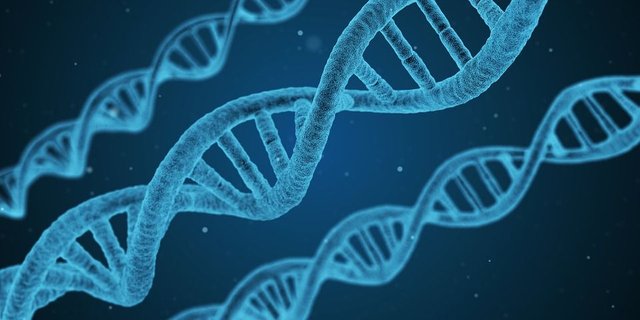
Psychology uses the scientific method just like any other science, but must take extra steps in research to achieve the same certainty similar to one study of other fields. This can only be done in a three step path with three different kinds of research. Psychology begins with descriptive research. This only answers the “what” of a psychology question. Observation and data is collected to create a description of a variable. Similarities and pasterns are found between variables and correlation studies are done using information from descriptive research. Correlation research defines if a variable is statistically relates to another variable. These studies justify experimentation. The last form of psychological research is formal studies in a more controlled environment. Using the scientific method an independent variable is changed to see if a dependent variable is effected. A standard divination is used to account for error and and prove that there is a trend in repeatable results (Stangor, 2018). This is not as easily measurable as the other sciences. Measures of ideas are not quantifiable like the amount of a chemical in a mixture like in chemistry.
There is a fourth kind of research that is used in psychology that is beyond the accepted three research types. Quasi-science experiments are not scientific but are necessary in psychology due to reasons we have already explained. Quasi-science is an experiment that allows for variables to exist to a degree. This is an experiment that allows the lab to be opened and the patients to be exposed to the world of differing environmental factors. The reason these experiments exist is because it is not ethical to monitor or imprison a human all day for days at a time. Human participants need to go home and live during most studies, which exposes them to more variables that could change results. If the same ethics applied to mice, we would have to let the mice into the wild at night, and they would have to return in the morning for more cheese mazes. These types of experiments are needed because many theories in psychology could not be tested at all without them. The degree of error and extra variables are excepted in a larger standard divination in these types of experiments (Shuttleworth, 2008). The use of quasi-science then leads to the need and creation of new technology to finally do true experiments on these theories. Without quasi-science experiments we would never have had the desire to create machines like the MRI or EEG. These machines then supported further the original quasi-science with real experiments and truly ending the cycle of psychological research through the application of innovation in the field.
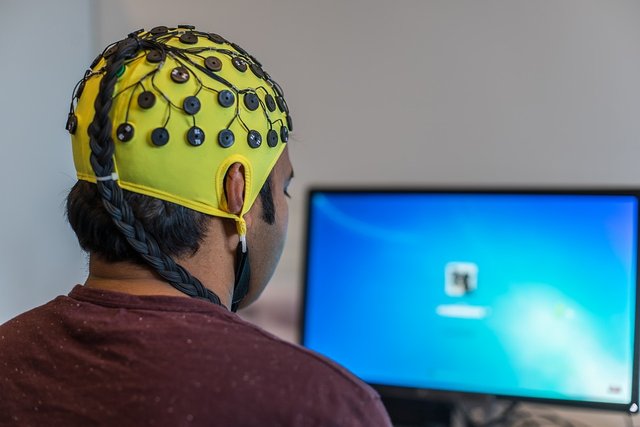
In conclusion, Psychology is a science but only application and not by definition. Some Psychological ideas are not observable, quantifiable, or even testable. It is not intuition and the most variable of all sciences. Psychology is a theory like any science, and is ever changing like any science. Psychology uses the scientific method, but in a modified way to account for unavoidable variables. Due to the complexity of the subject extra steps to research, and even the use of methods outside of science, are needed to get a theory to a lab to finally find supporting evidence. Through increases in technology more and more theories are finally being actualized with true experiments. Psychology breaks many rules other sciences do to get the job done to further research, without it questions about the behavior and the mind would stagnate. Psychology started from philosophers and mystics so it is understandable why other scientist think of Psychology as a “soft science”, but in reality only hard evidence is used in application of medicine. Ultimately it does not matter if someone does not want to categorize it with astronomy or biology, because it is being used today to help humanity with answering questions and treating those that are suffering.
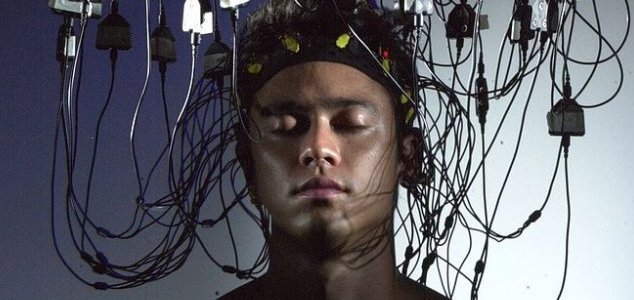
I personally believe that psychology is a science and will be accepted as science with the expansion of technology. With the invention of neuro-science computer analysis machines like the MRI and EEG we proving more and more speculation and correlation from decades of theories before now. These machines are realizing with testable and measurable results. The amount of blood moving in the brain and the firing of synapses in certain locations can be seen in full color. Neurologist have already broken the blood-brain barrier with the application of medicine for treatments of brain degenerative diseases like Parkinson (Brouillette, 2016). It is only a matter of time before we break the code to connect computers to the same wavelength of electricity used by the mind. Once we do that only time will tell what we can measure. We may be able to record dreams like in the 1983 movie Brainstorm. Theorist in UC Berkeley have already been working on ways to do this with MRI since 2013 with promising results (Nelson, 2017). We could eventually even read what the mind is thinking in real time or connect the consciousness to interactive simulation like the popular book Ready Player One. One thing is certain, that psychology is justified as a science and its theories are reinforced with new technology every year, as well as some being rejected with the application of new technology. The study of the mind and human behavior would still be reserved to the idea of mystics and philosophers if it wasn't introduced to the scientific method and standardized. We would not be progressing in ways to cure mental disorder at the rate we are now without its application.
References
Boeree, C. G. (2002). from http://webspace.ship.edu/cgboer/neurophysio.html
Bradford, A. (2017). What Is a Scientific Theory? from
https://www.livescience.com/21491-what-is-a-scientific-theory-definition-of-theory.html
Brouillette, M. (2016). Neuroscientists Discover a New Way to Cross the Blood–Brain Barrier. from https://www.scientificamerican.com/article/neuroscientists-discover-a-new-way-to-cross-the-blood-brain-barrier/
How do you Measure Happiness? The Top Questionnaires. (2018). from
http://www.pursuit-of-happiness.org/science-of-happiness/measuring-happiness/
Khoddam, R. (2015). What's Your Definition of Happiness? from https://www.psychologytoday.com/blog/the-addiction-connection/201506/whats-your-definition-happiness
Nelson, B. (2017). Scientists learn how to record your dreams and play them back to you.
from https://www.mnn.com/green-tech/research-innovations/stories/scientists-learn-how-to-record-your-dreams-and-play-them
Shuttleworth, Martyn (2008). Quasi-Experimental Design. from
https://explorable.com/quasi-experimental-design
Stangor, C. (2018). Introduction to Psychology, v. 1.0. from https://catalog.flatworldknowledge.com/bookhub/127?e=stangor-ch02_s02
Turner, K. (2014). The Science Behind Intuition. from
https://www.psychologytoday.com/blog/radical-remission/201405/the-science-behind-intuition
Williams, P. (2017). History of science [Encyclopædia Britannica]. Retrieved from https://www.britannica.com/science/history-of-science.
Wyld, H. C. (1963). Webster dictionary. U.S.A.: J.J. Little and Dues.


 Tip DogeCoin - DF8TAzAzV7xhvvS6Hr3Zg9Se12PNQrk6s2
Tip DogeCoin - DF8TAzAzV7xhvvS6Hr3Zg9Se12PNQrk6s2
To the question in your title, my Magic 8-Ball says:
Hi! I'm a bot, and this answer was posted automatically. Check this post out for more information.
Thats a long write when i read for today 😎